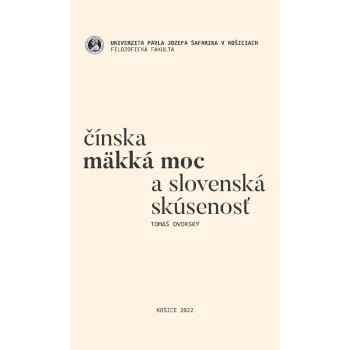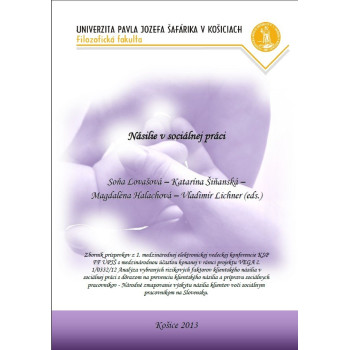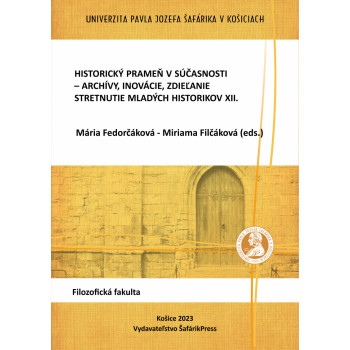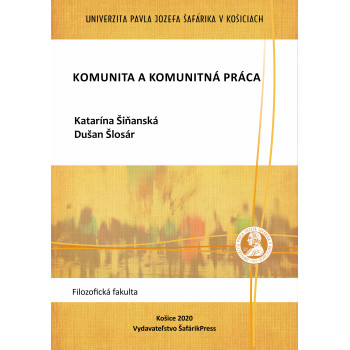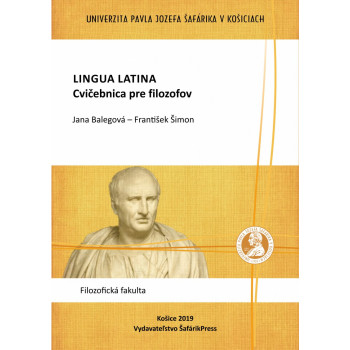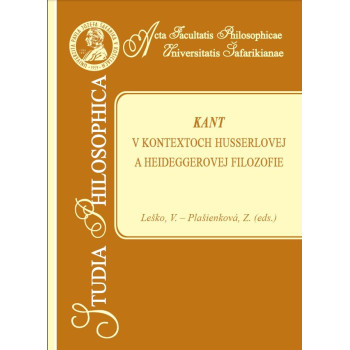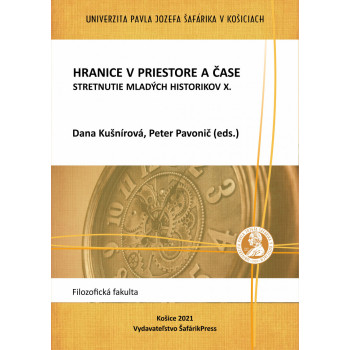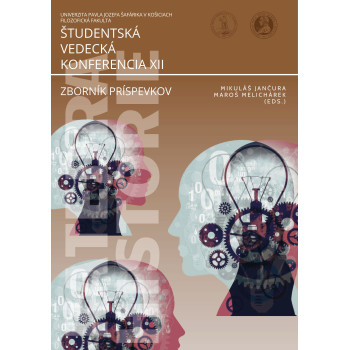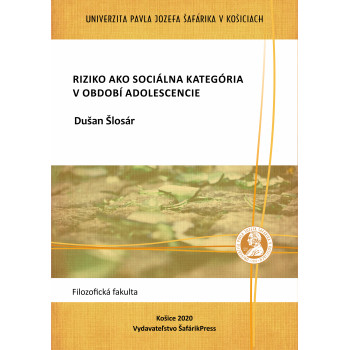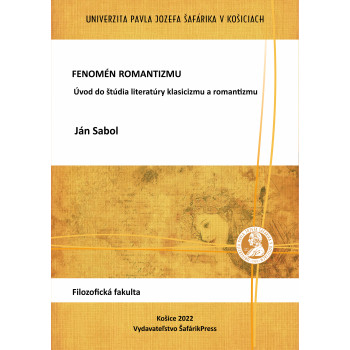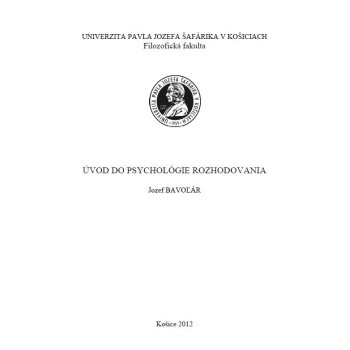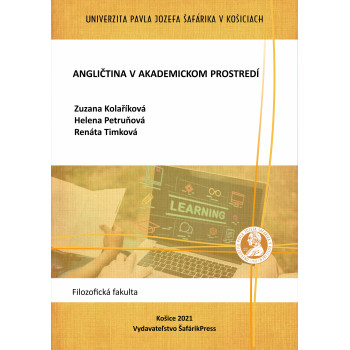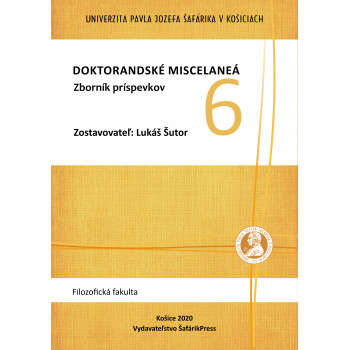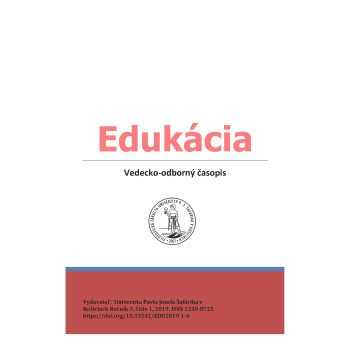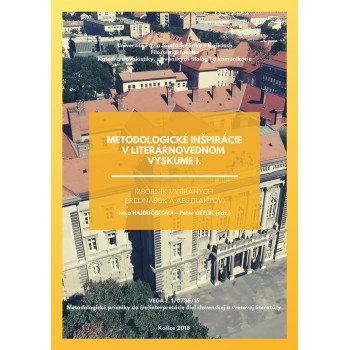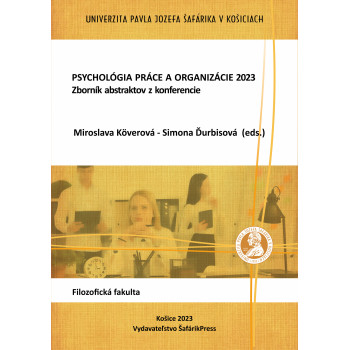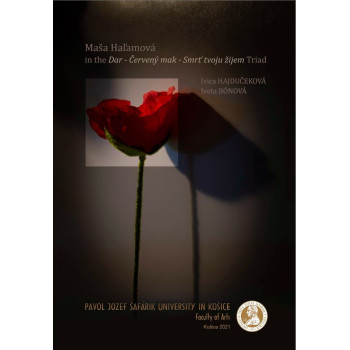
Čínska mäkká moc a slovenská skúsenosť
E-book
The attention devoted to the issue of Chinese activity is highly relevant. Creating a positive reputation abroad is a legitimate tool of every state in its effort to generate influence. The People's Republic of China has been very successful in this regard since the beginning of the millennium, which has allowed it to start occupying positions in the international system that it legitimately claims based on its own history, size, and potential.
Examples from abroad also highlight the fact that Chinese foreign policy should not be accepted uncritically and deserves a cautious approach and thoughtful discussion. All of this must be done while respecting not only China's particularity but also taking into account the realities of the great power rivalry visible at the beginning of the 21st century.
In this context, one cannot abstract from a detailed look at Chinese soft power as one of the key tools for generating influence in the world. Understanding it is an essential prerequisite for a relevant evaluation of the practices and motivations of China's foreign policy, while it can also serve as a guideline in the effort to create an adequate approach toward this resurgent global great power.



